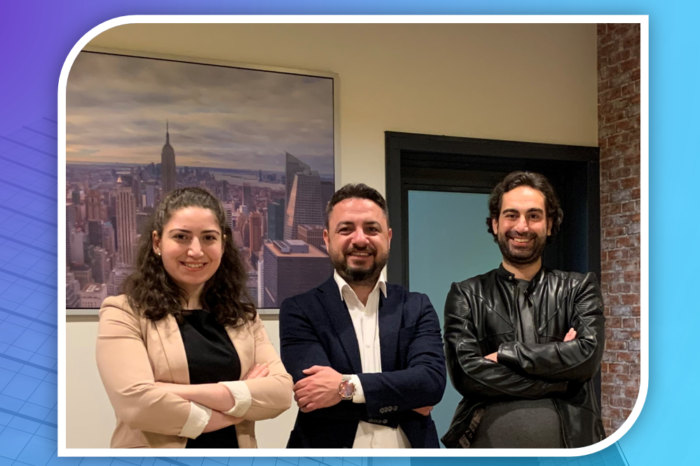Business, finance, industries and startups are coming together in the digital world


Turkey’s leading technology company SoftTech published the Technology Report 2021, prepared via foresight of experts of the field every year. In this year’s report, which includes future technologies that shape the world; the digitalization of business life, finance and sectors, the transformation of institutions in the axis of digital nomad, human, technology and entrepreneurship are discussed within the scope of the Covid-19 pandemic. One of the most striking issues of the report, which made predictions until 2080 with Technology Radar, is the article written by the GPT-3 technology, which can produce text with artificial intelligence, under the title of Augmented Reality.
According to the technology radar in the report, between 2020 and 2023, which is called the Mobile Device Period; while 5G, edge artificial intelligence, voice assistant, virtual workspaces, remote working, monitoring technologies, instant pinpoint delivery, sustainability and environmental issues stand out, artificial intelligence colleagues, digital nomads and autonomous vehicles will come to the fore between 2023 and 2028. In the years 2028 to 2036, smart cities, digital business, quantum artificial intelligence and basic income are on the radar, while in 2036 to 2080; artificial company, humanoid artificial intelligence, digital reality, augmented human and human life issues will emerge.
GPT-3 also wrote an article in the report
The most innovative content of the 2021 Technology Report is GPT-3, the current endpoint of artificial intelligence that has entered our lives with its advanced language processing capability. The Augmented Reality article, written by the GPT-3 technology, which can produce text with artificial intelligence, introduced by the San Francisco based OpenAl company in May 2020, gives readers an idea of how far artificial intelligence can go. GPT-3 enables many scenarios that were not possible before, both with the conversations it creates and with successful articles. By introducing this technology and starting an initiative to find a usage area, Softtech realized a successful GPT-3 Hackathon in February in cooperation with OPEN AI. SoftTech aims to be a pioneer of innovative technologies in Turkey with the scenarios produced by software developers.
Robots do not replace us in doing our jobs
in the future, Contrary to what is believed, robots and automation will not take our jobs, they will not reduce employment, but rather increase them. It is stated in the report that with the Covid-19 pandemic that emerged at the beginning of 2020, the digitalization and automation trend of institutions accelerated.
By 2025, the number of people and robots working in the business world is expected to equalize. With the increasing use of robots in the business world, it is predicted that by 2025, a total of 85 million jobs will disappear in 26 major economies and 97 million new jobs will be created, while 50% of the total employment is expected to work from home.
How the New Generation Works: Digital Nomads
Digital nomadism is one of many new terms that have entered our lives with the pandemic. We can define this term as continuing your business in another city in the world via online channels while traveling and working remotely at the same time. It will be the working model of the new generation in the future. According to the report, which emphasizes that many national and international companies are making preparations for the digital nomadic way of working; 19% of Generation Z, 42% of Generation Y and 22% of Generation X are among the digital nomads. In Turkey, the remote working rate has been 70% due to the pandemic and it shows that digital nomadism will become widespread in our country, as well.
Entrepreneurship will also be the main approach for institutions
While the report examines technology in multiple dimensions, it addresses entrepreneurship as the main focus. It is underlined that the focus of startups in domestic and foreign ecosystems and the direction of capital flowing to startups have an important place in determining both technologies and business models. It is pointed out that the efforts and desire of institutions to collaborate with initiatives, support them with incubation and acceleration programs, invest, purchase and create internal initiatives are inevitably increasing. One of the most important reasons for this is seen as the growth achieved by startups and the resulting financial valuation reaching levels that will affect the country’s economies.











